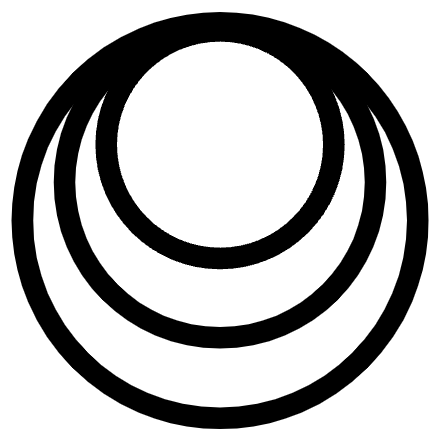My moment is all there is. It is the container of all that exists and extends outward to the horizons of my secondself and the horizons of my thirdself. Time is an implied construct that arises from the sensation of changes in my moment. I can think of my moment as fabric, and time as a distortion within that fabric. Change itself is the consequence of my own movement in secondself and thirdself. And movement is the consequence of my secondself desire.
As long as I allow my desire to manifest as movement in secondself or thirdself, I will create the sensation of change. And as long as I create change, I will experience time in secondself and space in thirdself. I cause time and space by desiring, then moving. The more I desire and move, the more pronounced will be my sense of either. If I sit immobile in my temple, my sense of secondself time and thirdself space will be constrained. But if I go on a long cross-country trek, both my sense of time and space will be expansive.
Why do I have the sensation of time? Of time flowing? It is the sensation of change that gives me concept of time and space both. But what is change? Change is the result of movement, and movement stems from my desire. There is nothing beyond my moment. There is no space beyond what I see, nor any time beyond what I visualize unless and until I desire to move beyond either. That movement generates my experience of change, and I describe that change as time and space.
Fundamentally, there is peace and desire. Peace is the lack of desire, the consequent lack of movement, lack of change, and finally the lack of the sense of time and space. In this way, both time and space are very simple to explain. They are distortions in the fabric of my moment that persist with my desire.
…
